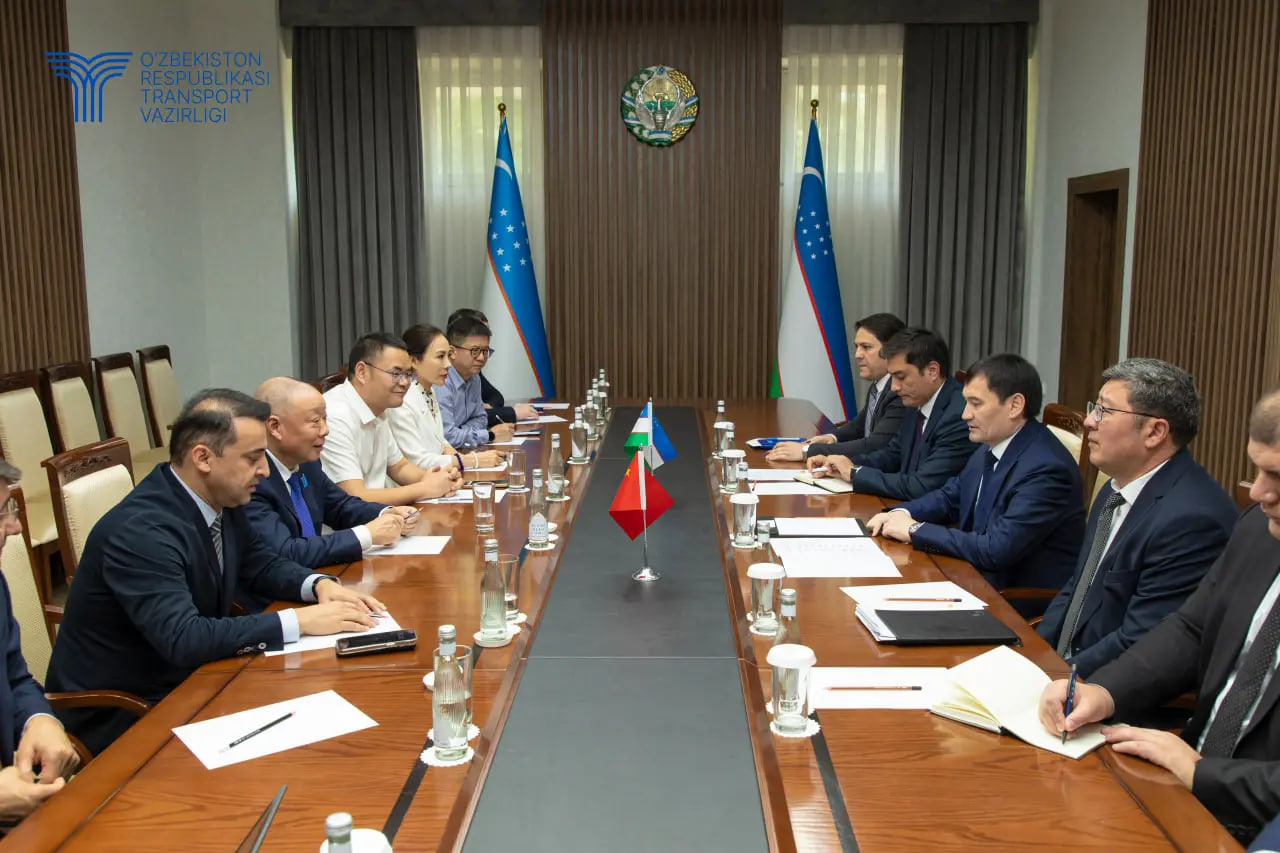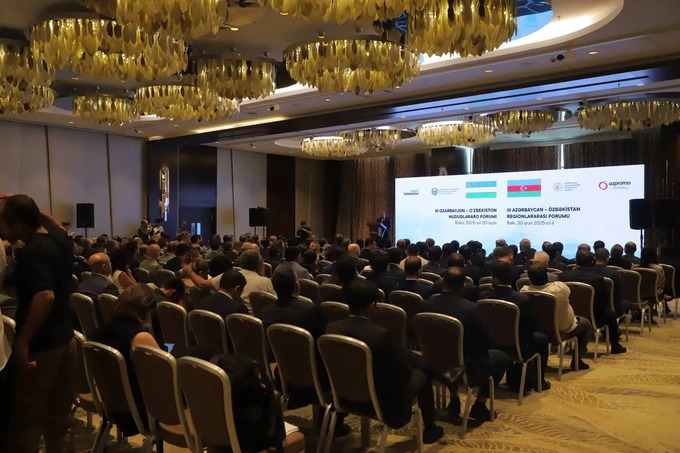UNDP Uzbekistan officially presented the 2025 Human Development Report (HDR), "A Matter of Choice: People and Possibilities in the Age of Artificial Intelligence," during the Global Public Services Forum in Samarkand.
The national launch brought together high-level government officials, development partners, academic institutions, civil society, youth, and the international community to explore the report’s global insights and their relevance to Uzbekistan’s national priorities.
The report, released globally in May, highlights an alarming global slowdown in human development—the steepest in the last 35 years. It warns that persistent inequalities and fragile development gains threaten progress, particularly in countries with lower Human Development Index (HDI) scores. However, the report also offers a hopeful outlook, suggesting that Artificial Intelligence (AI) could reignite progress—if embraced with the right policies and a human-centered approach.
In this global context, Uzbekistan has made notable strides. Since 2000 the country’s Human Development Index (HDI) value increase by 22.7 percent. Over that period, Uzbekistan has seen tangible improvements in key indicators: life expectancy has risen by nearly 7 years, education levels have grown, and Gross National Income (GNI) per capita has increased by over 225 percent. Uzbekistan is placed in the high human development category and ranking 107 out of 193 countries and territories.
In Uzbekistan, where digital transformation is a key pillar of national reform, the findings of the report resonate strongly.
“For Uzbekistan, the stakes are particularly high,” said Ms. Akiko Fujii, UNDP Resident Representative in Uzbekistan, at the event. “As the country advances its ambitious digital transformation agenda, robust data governance and inclusive digital innovation will be essential. The Human Development Report offers timely insights on how AI and data can be leveraged to make public services smarter, faster, and more responsive to citizens’ needs.”
The HDR identifies three priority actions to ensure AI contributes to inclusive and sustainable development:
- Fostering economies where people work with AI, not against it;
- Embedding human agency throughout the entire AI lifecycle;
- Modernizingeducationandhealthcaresystemstoalignwith21st-centurydemands.
Survey data from the report shows a generally optimistic public sentiment about AI: 60% of people globally believe AI will generate new jobs, and a majority in medium-and high HDI countries— including Uzbekistan—expect AI to enhance productivity and public service delivery in the near term.
The Samarkand launch reaffirmed Uzbekistan’s position as a regional leader in leveraging digital tools for human development and inclusive governance.













